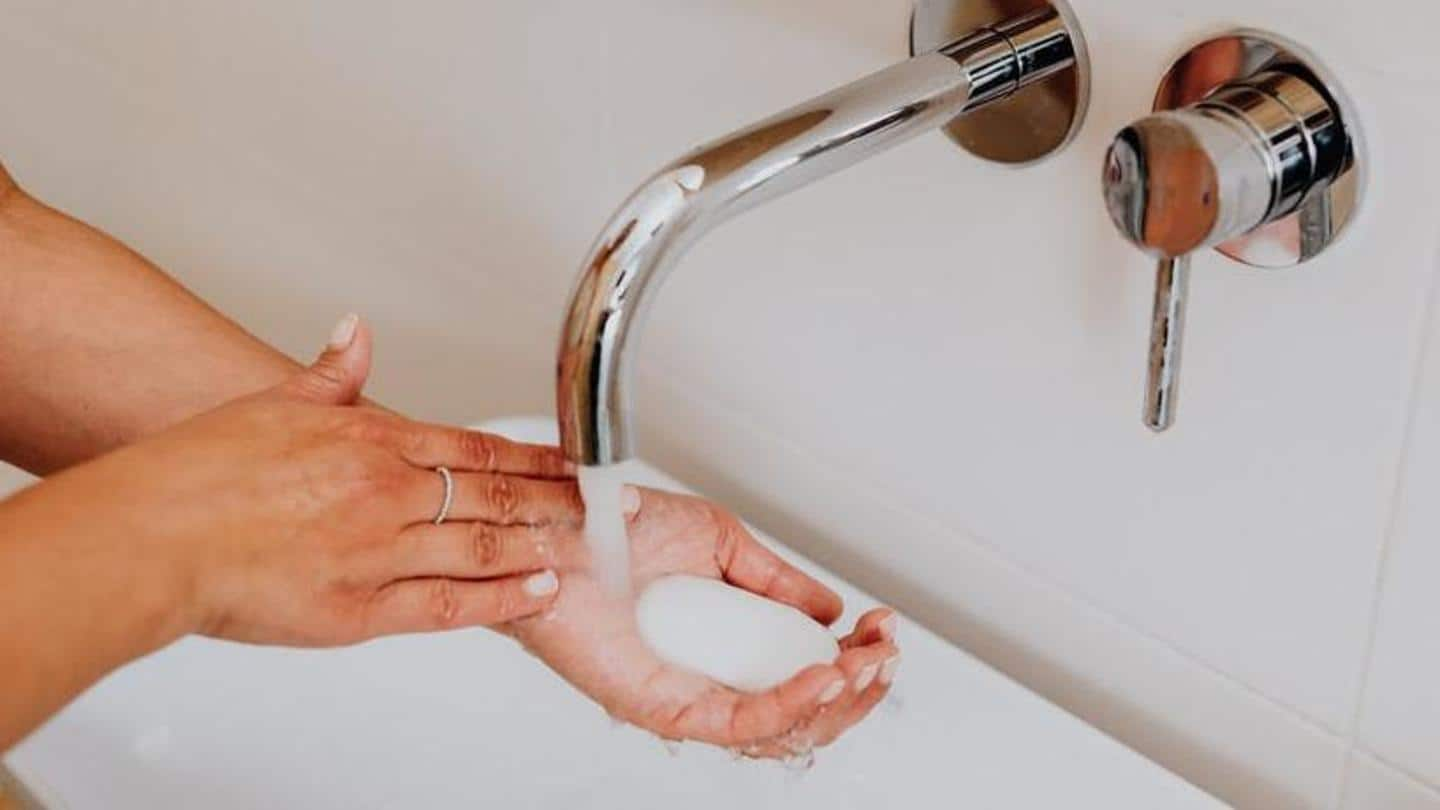
Is sharing a soap with your entire family safe?
What's the story
We don't really mind sharing soap bars with our family members, but skin experts warn this is not a good practice, especially if they are infected.
They say most skin diseases may start spreading from these innocent-looking bars, giving rise to skin infections.
Though curable in most cases, these infections might evolve into something harmful.
In this article, we delve deep into the issue.
Details
Wash the soap before use to prevent transmission of germs
Sharing soaps for the purpose of bathing or even just washing your hands increases the chances of transmission of germs.
The sticky layer present on the bar could be a potential environment for bacterial growth. So, through the same, germs might get transferred from one person to another if the soap is shared.
However, washing the soap thoroughly before use will restrict the spread.
Reports
A study was conducted in 1965 test bacteria transmission theory
In 1965, a study was conducted to test if bacteria gets transmitted between people if they were using the same soap.
To carry this out, the researchers purposely contaminated their hands with almost five billion bacteria, including disease-causing strains like Staph and E. coli.
They washed their hands with a soap bar and asked another person (whose hands were clean) to use the same.
Information
'Level of bacteria does not constitute a health hazard'
The researchers found the soap's second users didn't have bacteria on their hands. "The level of bacteria that may occur on bar soap, even under extreme usage conditions (heavy usage, poorly designed non-drainable soap dishes, etc.) does not constitute a health hazard," concluded their study.
Findings
Despite results, USA's health agency, CDC, cautions against sharing soaps
Even a 1988 study confirmed the 1965 study's findings.
However, the USA's Centers for Disease Control and Prevention (CDC) suggests not to share soaps, as those can be potential vectors for MRSA bacterial transmission and may also lead to gram-negative bacilli colonization.
Further, experts suggest drying soaps after use, as the sticky/moist layer formed on them enhances the growth of bacteria, fungi, and yeast.
Question
Liquid soap or common soap bar, which one is better?
So, is liquid soap a better alternative? Well, there is no chance of any bacteria accumulation or infection as these need to be pumped out of a bottle.
The dispensers can also be touch-free and motion-activated, which is why liquid soap gains an upper hand.
But if you wash the soap bar before use and dry it after, there should not be any problem.